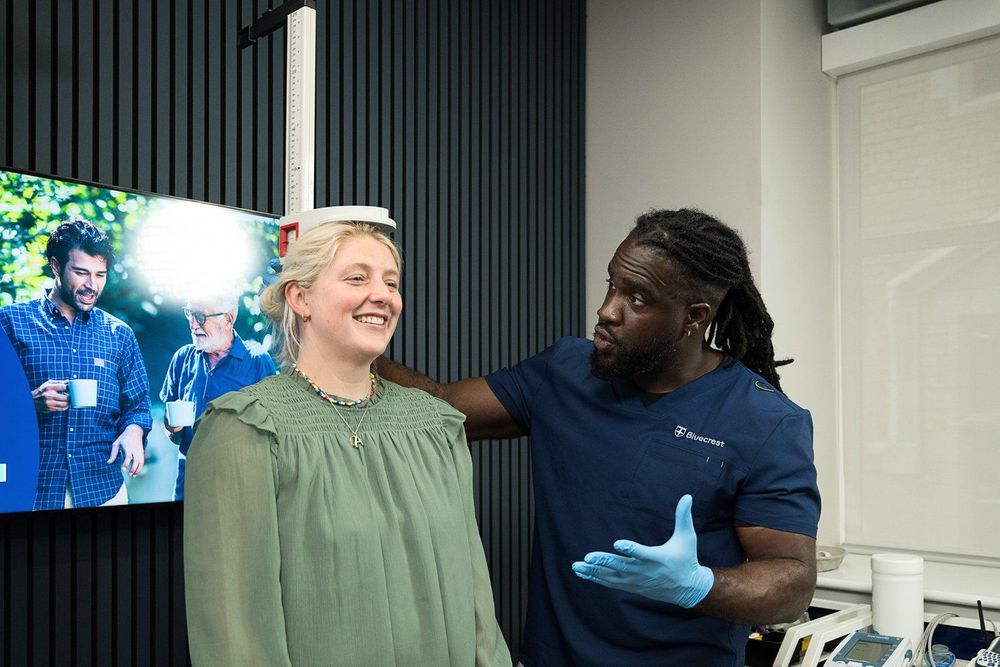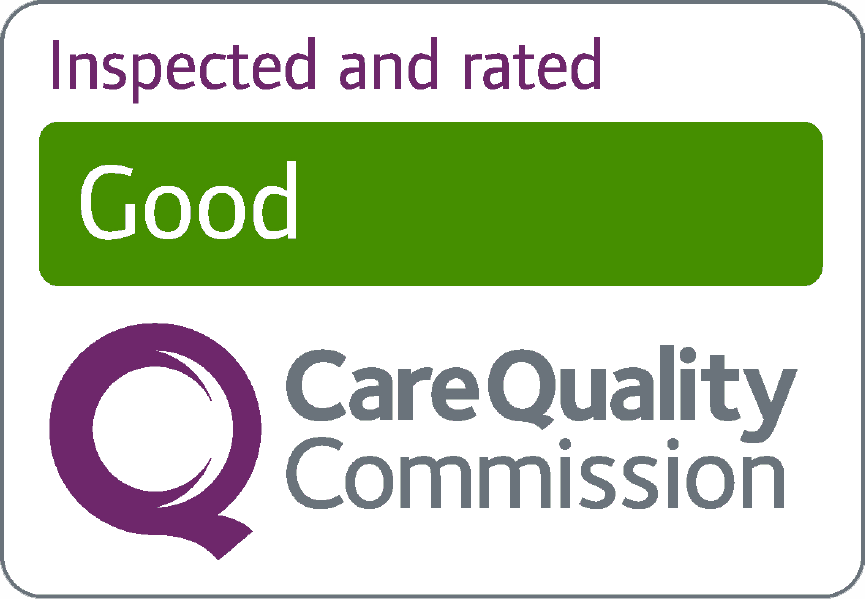
How to check your thyroid at home
Your thyroid is a small, butterfly-shaped gland located at the base of your neck. Though small, it plays a big role in regulating your metabolism, energy levels, mood and even your heart rate. When your thyroid is under or overactive, it can lead to a wide range of symptoms that are often easy to miss or mistaken for something else entirely.
While a full diagnosis of thyroid issues requires a blood test and professional evaluation, there are some simple ways you can check your thyroid health at home. In this article, we explore what signs to look out for, at-home techniques that may point to potential problems and when to speak to a healthcare professional.
What does the thyroid do?
Your thyroid gland produces hormones, mainly thyroxine (T4) and triiodothyronine (T3), that help regulate how your body uses energy. This affects almost every system in the body, including:
-
Heart rate and blood pressure
-
Body temperature
-
Digestion
-
Weight regulation
-
Menstrual cycle
-
Mental clarity and mood
Thyroid dysfunction typically falls into two main categories:
-
Hypothyroidism – when your thyroid doesn’t produce enough hormones
-
Hyperthyroidism – when it produces too much
Both can cause symptoms that develop gradually, making them easy to overlook.
Signs your thyroid might not be working properly
Before trying any at-home checks, it’s useful to understand what symptoms might point to an underactive or overactive thyroid.
Common signs of hypothyroidism include:
-
Fatigue and low energy
-
Weight gain despite no change in diet
-
Feeling cold all the time
-
Dry skin and hair
-
Slow heart rate
-
Depression or low mood
-
Constipation
-
Irregular or heavy periods
Common signs of hyperthyroidism include:
-
Unexplained weight loss
-
Feeling hot or sweaty, even at rest
-
Rapid heartbeat or palpitations
-
Anxiety or nervousness
-
Trembling hands
-
Sleep problems
-
Frequent bowel movements
-
Lighter or absent periods
If you’re experiencing a combination of these symptoms, it’s worth investigating further, even if they feel mild or intermittent.
Signs to monitor
There are a few home observations that can offer clues about your thyroid function.
1. Check your resting heart rate
Your thyroid affects how fast or slow your heart beats. You can monitor your resting pulse to spot potential issues.
-
Sit calmly for 5 minutes, then find your pulse (usually on your wrist or neck).
-
Count the beats for 60 seconds.
A normal resting heart rate for adults is usually 60–100 beats per minute.
-
Below 60 bpm may suggest an underactive thyroid (especially with other symptoms)
-
Above 100 bpm could point to an overactive thyroid
2. Examine your skin, hair, and nails
Dry, coarse skin and thinning hair, especially on the outer edges of the eyebrows, can be early signs of hypothyroidism. Brittle nails or ridges may also indicate hormonal imbalances.
On the other hand, hyperthyroidism can cause warm, damp skin and hair that becomes fine or falls out more quickly than usual.
3. Track changes in energy and mood
Thyroid conditions often affect mental clarity, motivation and emotional wellbeing. If you’re suddenly feeling unusually fatigued, foggy, low in mood, anxious or irritable, without a clear reason, it could be thyroid-related.
Keeping a simple journal of your symptoms over time can be helpful for identifying patterns and sharing with a healthcare professional.
When to speak to a healthcare professional
While at-home checks can be informative, they aren’t a substitute for a clinical diagnosis. You should book an appointment with your GP or a thyroid specialist if:
-
You notice swelling, lumps or persistent discomfort in your neck
-
You’re experiencing ongoing symptoms like fatigue, weight changes or mood shifts
-
You have a family history of thyroid disorders
-
You’re pregnant or planning to conceive, as thyroid hormones are crucial during pregnancy
Early diagnosis and treatment can make a significant difference to your quality of life. Thyroid conditions are often easily managed with medication, diet or lifestyle changes.
Thyroid health checks for peace of mind
If you're experiencing symptoms or simply want clarity about your thyroid health, a targeted thyroid function test can be an invaluable next step.
At Bluecrest Wellness, our Thyroid Function Test measures key hormone levels, including TSH and Free T4, to help assess whether your thyroid is underactive, overactive or functioning as expected. These markers are essential for understanding how well your thyroid is working and whether further investigation is needed.
All tests are carried out using the latest diagnostic technology, with appointments available at convenient locations and times to suit you. You'll receive a detailed Results Report, along with 12 months of access to a 24/7 GP helpline for expert support and guidance.
Whether you're noticing changes in your energy, weight or mood or simply want reassurance, a professional thyroid function test from Bluecrest can give you clear, reliable answers.
Need help? Call free on
to speak to one of our team.

Anna Jones
Chief Nursing Officer, Bluecrest
Dr Martin Thornton
Chief Medical Officer, Bluecrest



























